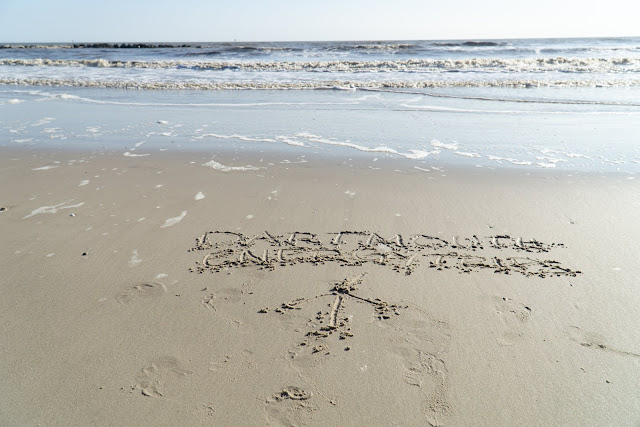Homeward Bound
 |
| Morris Creek, near the Lower Donwood Cemetery |
That scene was in my mind this morning, as we loaded up Mudder Jones and the Enterprise for our last long drive from Morgantown, WV to Hanover. We have naps, podcasts, Eurhythmics playlists, and hopefully some Sheetz visits in our immediate future - and I’ve been tasked with the final blog post for the trip. A 500-word, comprehensive summary of this trip is a near impossible task. There is so much we have learned, and there is the question of how to tell the story of a place as an outsider. We’ve discussed this question frequently throughout our time in West Virginia and Kentucky, as representation, or misrepresentation, in the region since the start of the boom and bust coal economy has historically hurt communities.
 |
| A dawn departure for Mudder Jones and The Enterprise's last hurrah |
As another group of “outsiders”, we are endlessly grateful to the dozens of people who gave us so much of their time during this trip. Everyone offered their own threads to a complex narrative of land, energy, infrastructure, and culture’s inextricable nature in Central Appalachia. This narrative overlays a mosaic of green hills and scarred mountain tops, abundant river networks and train tracks through cities and small towns, and myriad hopes and doubts for the future of the region.
 |
| As a rule, one must pull over at any rest stop with a playground |
We had the opportunity to hear the history of coal in Appalachia from several perspectives (including a somehow-thorough-5-minute-rapid-fire spiel by Red, Appalshop’s Thursday Bluegrass radio DJ). How coal companies came into the area, previously a region of subsistence agriculture, and created company towns. They brought in domestic and foreign immigrants to work in the coal mines and live in the in the lands below. What ensued was prosperity for some and exploitation for others and the growth of an industry that came to define West Virginia and Kentucky for many.
An attorney at Appalachian Civil Law Center said he often heard the sentiment among Black Lung victims, that “coal killed my lungs but kept my family from starvation.” During our conversation with Catherine Moore on labor history, Mike spoke to the formative role of the mineral as well. His family came from Russia to mine coal. “You’ve got to wonder what conditions were like there to make them want to come,” he said, “but many of us wouldn’t be here today if it weren’t for coal.”
 |
| Coal from the Coal River Energy Mine |
While coal is ingrained in Appalachian culture, no one we spoke to would ever say it could be King again, nor should it. Nor should natural gas replace coal as a mono-economy, though it is abundant and certainly has the potential to bring growth to the economy. There is hope for renewables, but many doubt the feasibility, at least in our lifetime, for it to replace fossil fuels. Time and time again this trip, though, we heard from Mike, Mayor Ingram, and others, that whatever the goal, we can’t let others’ doubts discourage us from trying.
One night in the King’s home, Eddie told a few group members that years earlier, people had said Morris Creek would not be clean within his lifetime. Yet, there we were, just over a week ago, pulling out crawdads and other macroinvertebrates from Morris Creek’s clear waters, because of the work that Eddie, Mike, Wanda, Leanne, and so many others put in. All it takes is some people who care, rolling up their sleeves and getting to work.
 |
| Looking back at Morris Creek Watershed |
We look forward to rolling up our sleeves and sharing our stories once we return to Dartmouth. I know that the important conversations we began this during trip will continue and grow as we all move forward. Thank you again, to all who helped make this trip happen. It is sure to stay with us forever.
Over and out! - elena bird


Comments
Post a Comment